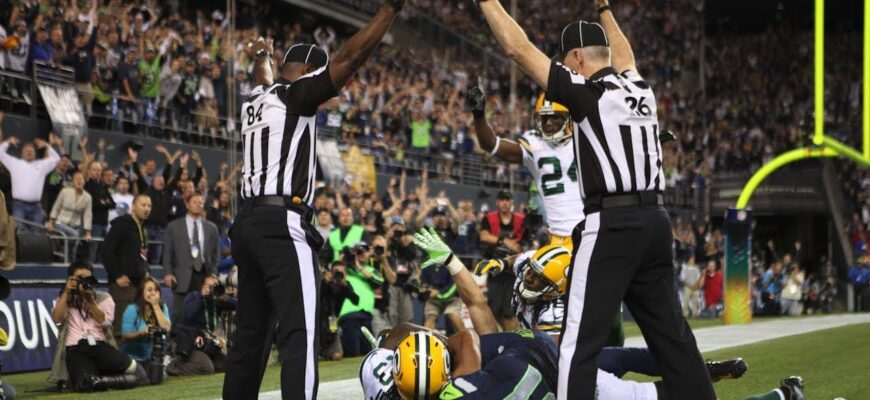In the fast-paced theatre of professional football, moments of high drama often hinge on a single decision, a solitary whistle. These instances inevitably spark fervent debate, dissecting every angle, intention, and consequence. Recently, the spotlight fell on a contentious penalty and subsequent expulsion during a pivotal I Liga match between Sporting and Arouca, prompting a rigorous post-match analysis that sheds light on the nuanced art of refereeing.
The Flashpoint: Sporting vs. Arouca
The incident in question occurred during the second matchday of Portugal`s top flight, a collision that left players and fans alike reeling. Arouca`s Nandín found himself at the epicenter of controversy when his challenge in the penalty area led to a spot-kick for Sporting and a swift red card for the player. On the pitch, the immediate reaction was a whirlwind of protest and deliberation, a scene all too familiar in the beautiful game.
The Official Verdict: A Calculated Endorsement
To untangle the complexities of such high-stakes decisions, the Portuguese Football Federation (FPF) employs a stringent review process. Duarte Gomes, the FPF`s Technical Director of Arbitration, stepped forward to offer his official assessment. Speaking on the Sport TV program “Juízo Final,” Gomes unequivocally validated both the VAR intervention and the on-field decision made by referee Hélder Malheiro.
“The player certainly intended to make contact with the ball; that much is not in dispute,” Gomes explained. “However, his tackle was entirely reckless, executed with an outstretched leg. These are precisely the types of challenges we aim to eradicate from our football.”
His commentary underscored a critical distinction: intent to play the ball does not automatically absolve a player of dangerous play. The “outstretched leg” is a red flag for player safety, an aspect modern refereeing prioritizes with increasing vigilance. The intervention by Manuel Mota, the VAR for the match, was deemed “pertinent” at a crucial 30th-minute juncture when Sporting held a narrow 1-0 lead, highlighting the technology`s role in identifying and rectifying potentially game-altering errors.
Beyond the Whistle: Consistency and Subjectivity
The review session wasn`t limited to this singular event. A total of ten incidents were meticulously scrutinized, revealing the inherent challenges in maintaining absolute consistency across all calls. Gomes himself conceded disagreement on a penalty decision from the first matchday`s Famalicão-Santa Clara fixture, noting, “In my opinion, the correct decision would have been for Luís Godinho to award a penalty. There was an error, but it was a discussable and subjective incident.” This admission serves as a pragmatic reminder that even with advanced tools and expert analysis, football remains a sport occasionally governed by interpretation, much to the delight of pub philosophers everywhere.
Portuguese Refereeing: Rising on the Global Stage
Amidst the domestic debates, Gomes also took the opportunity to highlight the growing international stature of Portuguese arbitration. He specifically praised the appointment of João Pinheiro and his team to a prestigious European Super Cup match, a clear testament to the quality and trust placed in Portuguese officials by UEFA. Furthermore, the selection of referee Filipa Prata for the Women`s Futsal World Cup underscored a broader trend of excellence across different facets of the sport.
“This recognition is a credit to the entire structure,” Gomes affirmed. “Portuguese arbitration is ascending to the position it rightfully deserves on the world stage.”
This international acclaim paints a picture of a national refereeing body that is not only adept at navigating the complexities of its domestic league but is also producing officials capable of performing at the highest echelons of global football. It`s almost as if they`re doing something right, despite the weekly clamor.
The Enduring Quest for Fair Play
The analysis of the Sporting-Arouca incident, alongside other contentious moments, reinforces the ongoing evolution of football refereeing. With VAR now an integral part of the game, the pursuit of fair play is more meticulous than ever. Yet, the human element of judgment, coupled with the lightning speed of on-field action, ensures that controversy will always remain a lively, if occasionally frustrating, companion to the beautiful game. The objective, as Duarte Gomes`s validation exemplifies, is to refine the process, ensure player safety, and ultimately, uphold the integrity of the sport, one scrutinised decision at a time.









